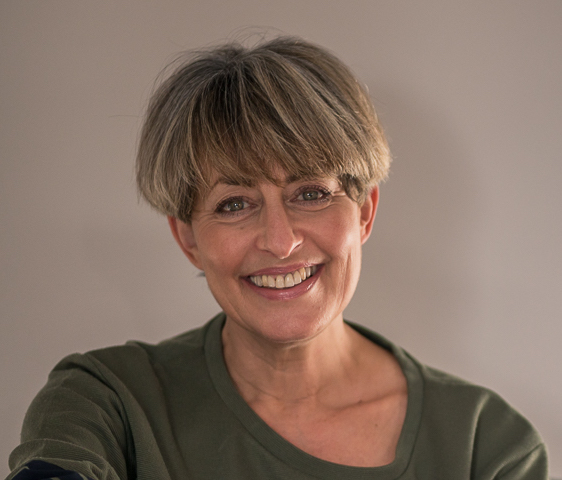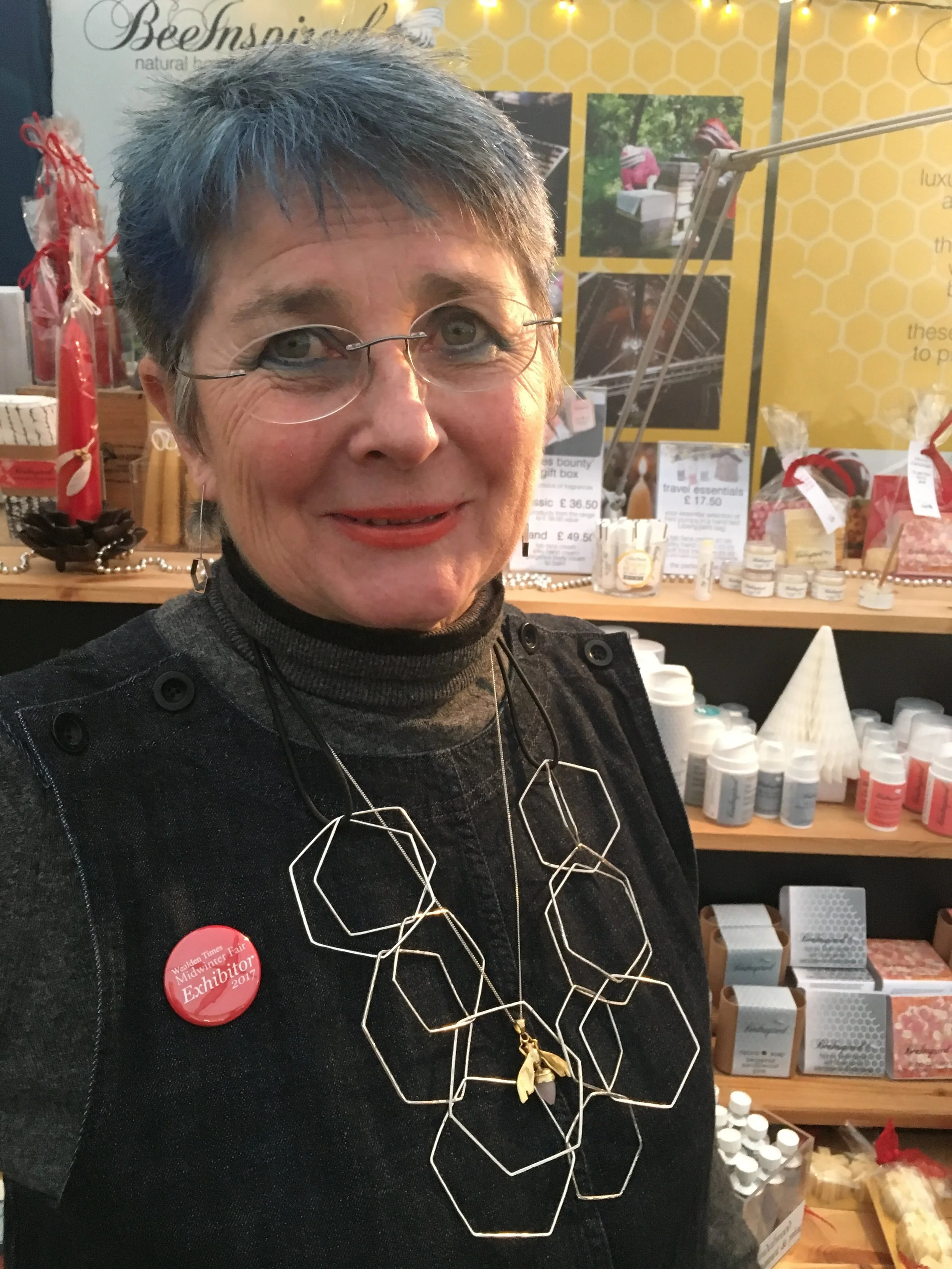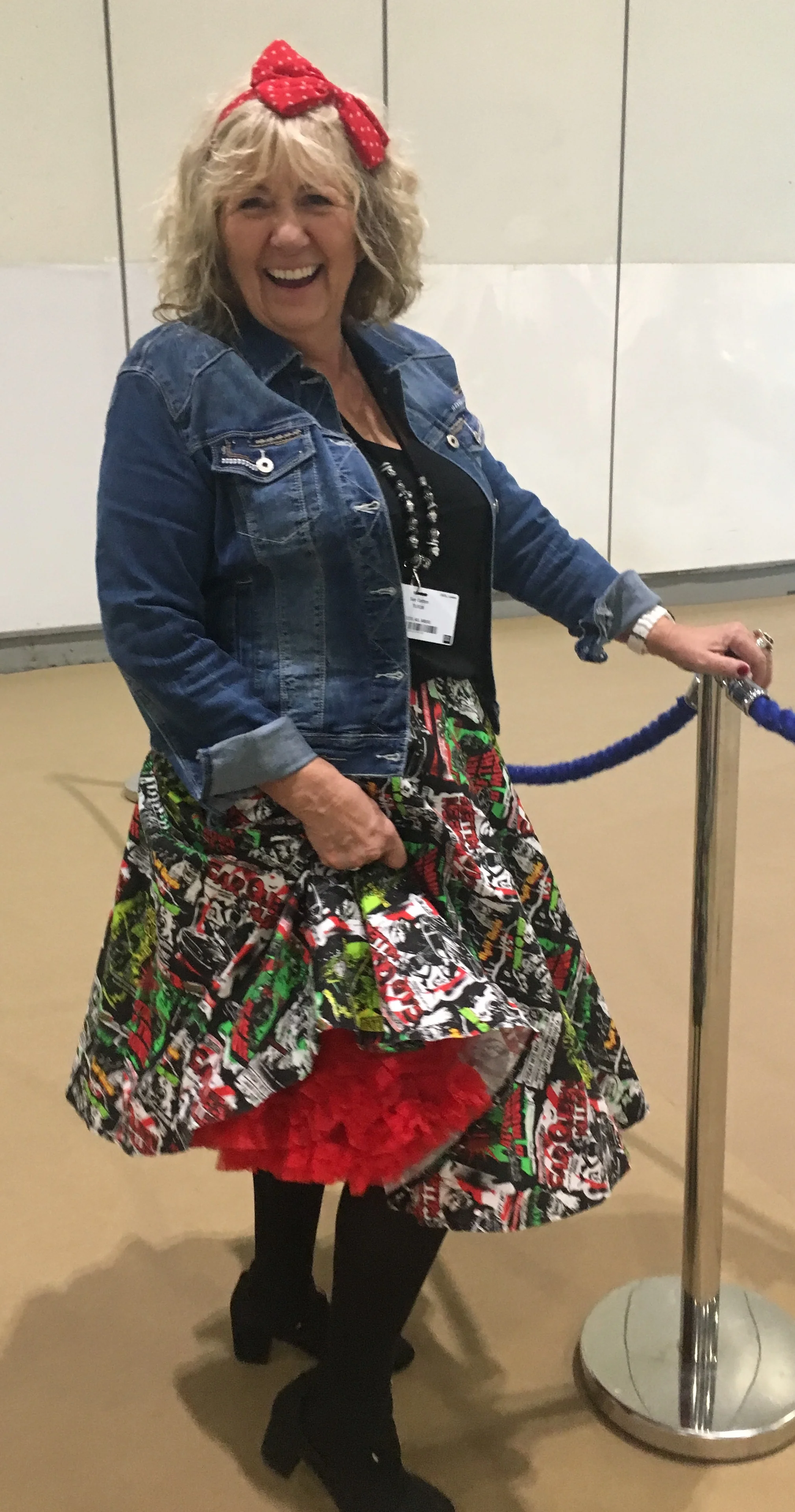Viviana loves lost languages
I bumped into Viviana, 67, at an event at the fascinating Foundling Museum (more about it at the end of this post). As a journalist, I'm naturally interested in language, but she has a passion for it that's as inspiring as her wonderfully colourful personality (and dress sense!)
"In the 70’s I did a degree in Chinese and Far Eastern history, but I’ve always been interested in languages in peril. I’m originally from Argentina and there are many indigenous languages there that have disappeared, so I decided to do a Post Graduate course - it’s called Languages, Documentation and Description. What I've learned is all the implications of wanting to revive or keep a language, which aren't as straightforward as I thought.
Languages disappear for a variety of reasons
Languages disappear for a variety of reasons. Maybe because the community is small and poor so they disperse and the language peters out. Often a bigger language ‘invades’ them and it becomes a question of prestige - why would you want to speak your little language, which won’t take you anywhere, rather than a bigger one (like English, or French or Chinese) which will get you a job in a bigger place.
Studying again is wonderful, though I’ve had to study a lot of linguistics which I’ve always run a mile from. I didn’t really read the syllabus properly! I’m about to research my dissertation. It’s going to be on a European language which is vanishing. It’s from where my husband’s family originates in the Dolomites, in the north of Italy. It’s thought to be the language of the Roman legions who were caught in the area and never left. I’m going to see what its state of health is."
The Foundling Museum tells the story of Britain's first home for abandoned children and is really well worth visiting if you get the chance.
foundlingmuseum.org.uk





